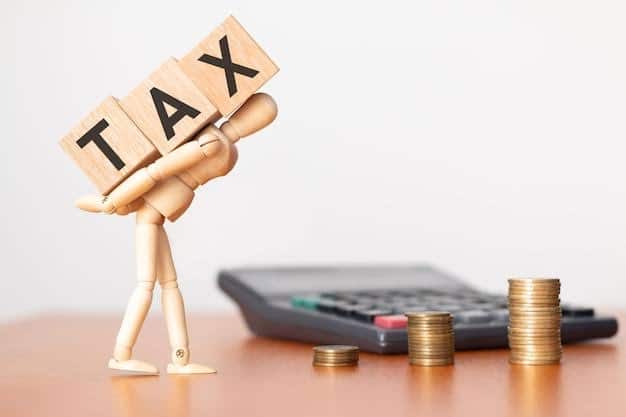Prime Minister Shehbaz Sharif has directed government officials to explore the possibility of reducing income and sales tax rates to stop skilled workers and companies from leaving Pakistan.
The idea is to make the country’s economy more attractive for both local businesses and foreign investors.
According to reports, the government is working on a major tax reform plan that could boost economic activity by around Rs. 1.1 trillion. The aim of the plan is to ease the financial pressure on businesses and individuals so they can reinvest and help create new jobs within the country.
The proposed reforms include lowering the top income tax rate from 45 percent to 25 percent, reducing the corporate tax rate from 29 percent to 25 percent, and bringing down the sales tax rate from 18 percent to 15 percent.
Officials believe that if approved, these changes will improve business confidence, attract investment, and simplify Pakistan’s overall tax structure.
However, the International Monetary Fund (IMF) is expected to oppose these changes for now, as Pakistan is still under its bailout program. The IMF may argue that lowering tax rates could affect the government’s revenue targets. Because of this, the plan may only move forward once the current program ends.
Despite these challenges, the prime minister has stressed the need for a fair and growth-oriented tax system. He said that reducing taxes could help retain skilled professionals, attract investment, and support long-term economic stability in Pakistan.


